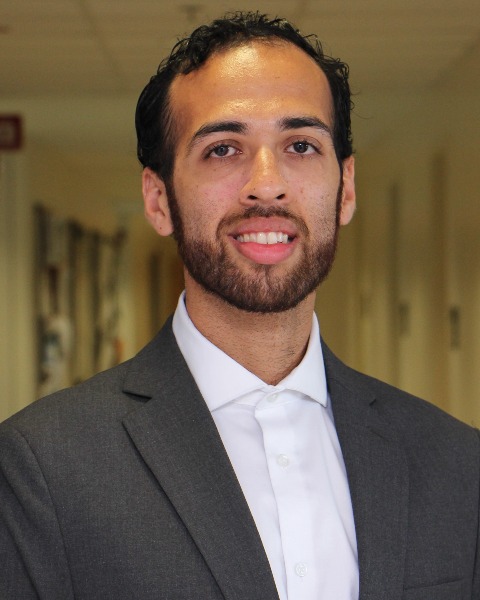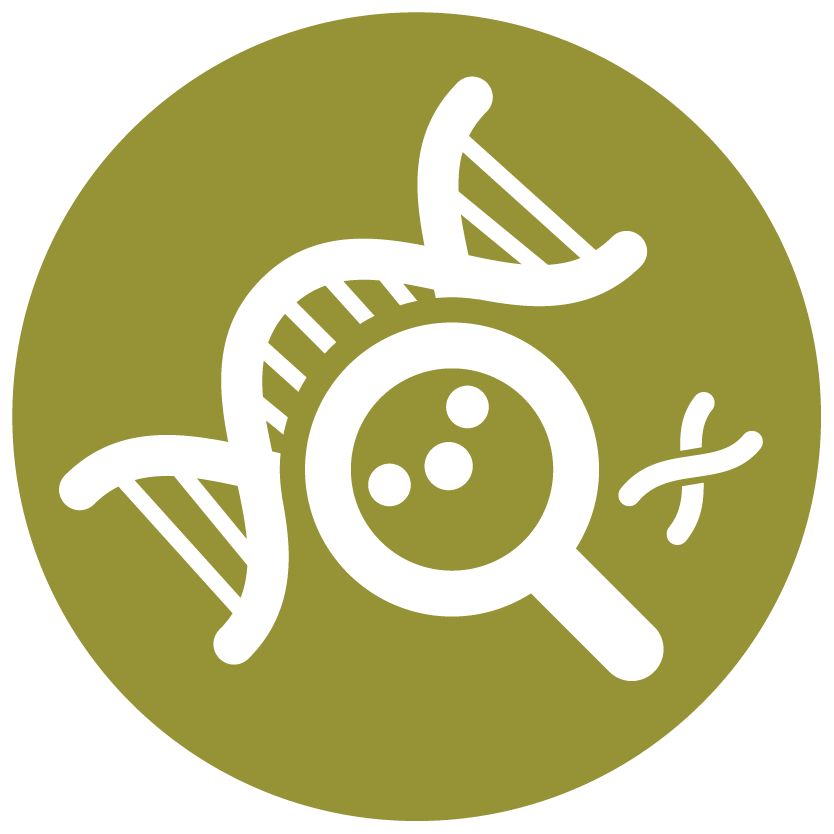Back
Discovery and Basic Research
Session: Rapid Fire: Targeted Drug Discovery and Molecular Pharmacology
An End-to-End Method for AI-Driven Peptide Vaccine Formulation and Translation through Deep Learned Exosome Precision Drug Delivery
Wednesday, October 19, 2022
3:45 PM – 4:00 PM ET
Location: 255

Zachary Greenberg, MS
Doctoral Student
University of Florida
Gainesville, Florida
Rapid Fire Speaker(s)
Artificial intelligent systems are rapidly integrating and transforming pharmaceutical development approaches by priming facile data analysis for establishing an envisioned pathway. Implementation of these systems with exosomes is a completely untapped area, of which could directly lead into maximized efficacy of cellular targeting through the exosome’s characteristic homing ability. By supplanting exosome surfaces with deep learning constructed receptor targeting ligands, a uniquely tailorable system can be created to unlock the targeted pharmaceutical delivery, pharmacological manipulation, and point-cellular signal pathway probing. In this perspective, exosomes delivering peptide vaccines developed in silico are the exact pharmaceutical demonstration depicting this benefit. As such, we developed ExoGAN, a deep learning algorithm, as a framework methodology generating HLA-A2:01 targeting peptides for T cell targeting by exosomes to be employed in cancer immunotherapy.
Learning Objectives:
- Upon completion, participants will be able to identify the gaps in the current field of high throughput screening through artificially intelligent systems
- Upon completion, participants will be able to learn the latest on artificial intelligent approaches to enhance participant research, and understand their beneficial effects in basic science and translational work.
- Upon completion, participants will be able to easily extract, develop, and use artificial intelligent systems in accelerating their research

